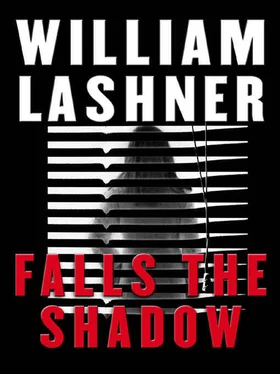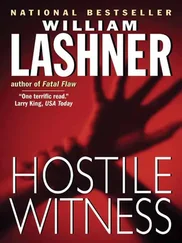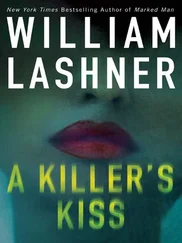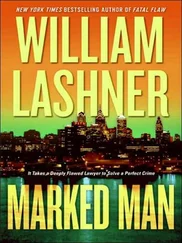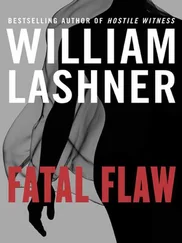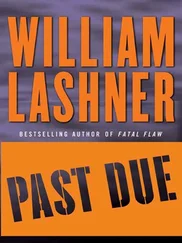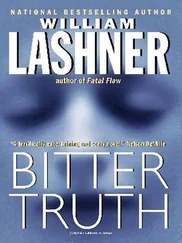“Oohieah.”
“Yes indeed. Now, as a criminal lawyer, Victor, you must know that most murders are accidents of blind happenstance. Afterward, no matter how much investigation occurs or brainpower is used, no one can really figure out why the murder victim lies sprawled on the ground. Nobody intended it, everyone wishes it would be otherwise, including the killer, but there’s nothing to be done. Another absurd event in an absurd world. But the pure contingency of it all doesn’t lessen the murder’s impact, does it?”
“Iowuherah.”
“Think of the doctor, his glorious grip on the world loosed in an instant. Think of the driver of the Gremlin, destined to die in jail. And think of the daughter, sitting in the back seat of the car, lap belt tight, watching her father slam on his brakes, curse, charge after the Gremlin. Watching helplessly through the windshield as her father yells, and then backs away, and then clutches his chest and spins around and collapses to the ground. Think of her, the daughter, and the scars she undoubtedly carries from a bullet that cut not her flesh. Think of how that brutal event still curses her life, affects her behavioral patterns in ways she doesn’t even recognize today.”
“Iaheeah.”
“Of course you can. What I’m saying here, Victor, is if you can save this young girl, this sister of Daniel, from any such pain, if you can help her minimize the traumas of an already traumatic childhood, then that is a cause worth fighting for.”
“Ighahee.”
“Perfect. Let me take off the metal framework so I can send it back to the laboratory to have the porcelain put on. One more visit and we’ll be done, Victor. It will be nice to have that hole finally filled, won’t it?”
“Ahouhie.”
“Tilda.”
Another magically quick appearance. “Yes, Doctor.”
“Owheooah?” I said.
“I’m just about finished here,” said Dr. Bob. “Prepare the cement so I can reattach Victor’s temporary crown.”
“With pleasure, Doctor.”
“Isn’t it nice to see Tilda so enthusiastic about her work? Somehow your very presence encourages her so. What do you think it is, Victor?”
“Ehaeal?”
Dr. Bob laughed.
I was standing at the reception desk, waiting for Deirdre to return from the back room after maxing out my credit card, while Dr. Bob made his notations on my file. I absently took in the photographs in Dr. Pfeffer’s smile hall of fame on the wall.
“When this is over,” I said, “are you going to take a picture of my mouth for your wall?”
He looked up from the file, gave me an appraising stare before turning to face the array of photographs. “No,” he said.
“What would it require?”
“Massive reconstruction,” he said, turning his attention back to the file.
“You know, some of those smiles look awfully familiar.”
“I would hope so. You’re sleeping with one of them.”
“Excuse me?”
“We’ll call you to set up your next appointment. Sometimes the laboratory takes longer than we expect. Remember that you’ll be having a thorough cleaning, too. I can see you wince. Don’t worry, Victor, the procedure is relatively painless.”
“Relative to what?”
“That’s always the question, isn’t it?”
“What about Tanya?”
Dr. Bob put down his pen. “What about her?”
“I need to find her.”
“I suppose you do.”
“I could use some help.”
“Are you asking? Think a moment, Victor. Are you asking? Because a favor like this is not easily repaid.”
“What do you have in mind?”
“One never knows in advance, does one? But I like to be of assistance when I can, and sometime in the future, you might be of assistance to me.”
“Sort of like paying it forward.”
“Sort of, but without the swelling music and the tears.”
I thought for a moment. I felt like I was getting myself into something I didn’t quite understand, but I needed the help. Tanya needed the help. “Okay. Yes. I’ll repay you if I’m able.”
“All right, then. We have a deal. I’ll see if the Hotel Latimore takes reservations.” He chuckled as he folded the file, slapped it on the desk, and headed back toward the examination rooms.
I watched him go and then turned again to the wall of smiles. Healthy gums, shiny teeth, a certain arrogant joie de vivre. That one there, I figured, must be Carol Kingsly. Or maybe that one there, because I have to tell you, more than one looked awfully familiar. But it wasn’t only the strangeness of the smiles on the doctor’s wall that was preying on my mind, smiles hung like trophy heads in a hunting lodge. There was something else that puzzled me. I had come to the conclusion that Dr. Bob wasn’t one for idle chatter. All his stories had a purpose. And so what the hell was the purpose, I wondered, of the strange story of the doctor and his daughter and that little orange Gremlin?
I figured it out eventually, yes I did, even a dumb cluck finds the acorn now and then. And I figured it out, perversely, while staring at photographs of the dead body of Leesa Dubé.
Dr. Peasley was a tall, lugubrious man with pale skin and a very brown toupee. I sometimes think we develop our personalities by modeling behaviors from the people we come into contact with most often, which goes far, I think, to explain the testimonial style of the coroner. By the time he spelled his name and listed his qualifications, snores were being heard from the back of the courtroom.
Nothing like a slow monotone, with frequent inexplicable pauses, to keep things humming.
I had already read the report, I knew how Leesa Dubé had died, and Beth was responsible for objecting when necessary and for the cross-examination, and so as Dr. Peasley droned on and eyelids all over the courtroom started drooping, I let my mind wander. And where it wandered to was Dr. Bob.
For some reason I felt squirrelly about what the dentist had said while adjusting my new bridge. Why had he emphasized over and again the contingent nature of most murders? Why had he warned me so vociferously never to underestimate the effect of childhood trauma on the adult psyche? And most troubling of all, what the heck had that story of the doctor and the Gremlin and the girl in the back seat been all about?
Think of her, the daughter, and the scars she undoubtedly carries from a bullet that cut not her flesh , had said Dr. Bob. Think of how that brutal event still curses her life, affects her behavioral patterns in ways she doesn’t even recognize today.
How would the curse play out? I wondered. As Dalton passed to the jury certain photos from the autopsy and Dr. Peasley, in his slow, deep voice, explained how a gunshot at close range had torn apart Leesa Dubé’s neck and caused her to bleed to death, I considered the possibilities. Had she become a violent psychopath, the girl in the back seat of the Pontiac? Had she become a manic-depressive? A gun enthusiast? A peacenik? A taxi driver? What?
And why would the dentist be telling me the story if there wasn’t something I could do to help relieve her pain? Who could she be? I wondered. Was it Carol Kingsly, with whom he had set me up? Was it Julia Rose, the mother of both his patient Daniel and the girl of whose perilous fate I had just informed him? Or was it Dr. Bob himself, Dr. Bob before the sex change? That one I liked, that one I thought about for a while, let the possibilities simmer in my mind.
And then it came to me in a shiver. It came to me with the force of undiscovered truth, as if I had been born with the knowledge, as Plato believed, and was just waiting for Dr. Bob to act as my Socrates and pull the blindfold from my eyes. It came to me as Dalton reached the climax of her examination of Dr. Peasley.
Читать дальше
